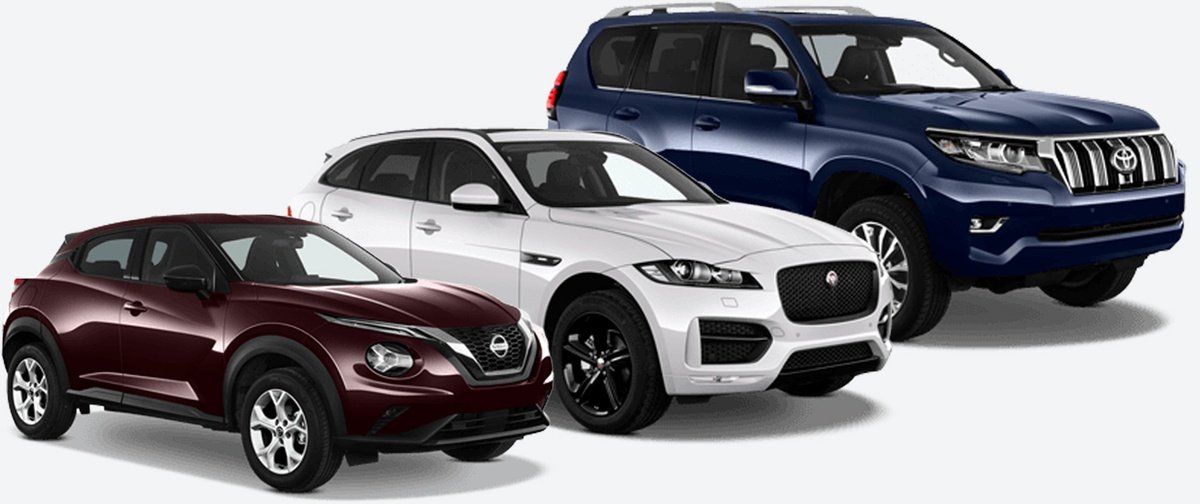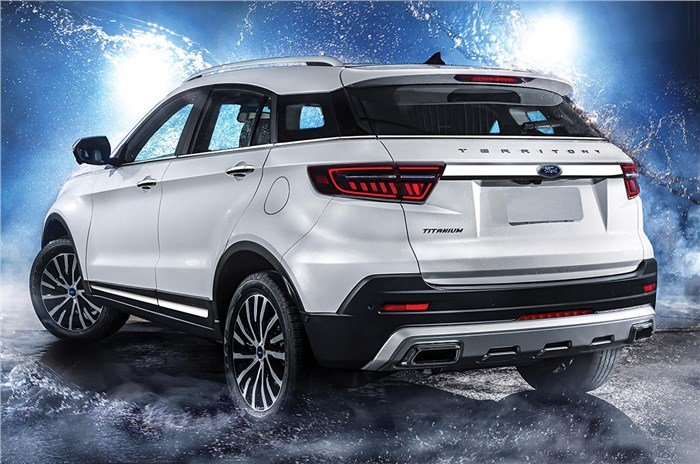|
Getting your Trinity Audio player ready...
|
When it comes to selecting a vehicle that suits your lifestyle and needs, one common dilemma many prospective buyers face is choosing between an SUV (Sport Utility Vehicle) and a crossover. These two categories of vehicles share similarities but also have distinct differences that can significantly impact your driving experience. In this guide, we’ll explore the key distinctions between SUVs and crossovers and help you make an informed decision based on your preferences.
Defining SUVs and Crossovers
Let’s begin by understanding the fundamental definitions of both SUVs and crossovers:
SUV (Sport Utility Vehicle)
- Historically, SUVs were built on truck platforms, making them larger and more robust.
- They often have off-road capabilities and are designed for rugged terrain.
- SUVs generally offer more interior space and a higher towing capacity.
- Fuel efficiency may vary, with some SUVs being less economical due to their size and weight.
- Examples include the Toyota Land Cruiser and Ford Expedition.
Crossover:
- Crossovers are built on car platforms, making them lighter and more fuel-efficient.
- They typically offer a smoother and more comfortable ride on city streets and highways.
- Crossovers may have limited off-road capabilities compared to traditional SUVs.
- They often feature a unibody construction, similar to cars, which enhances handling and fuel efficiency.
- Examples include the Honda CR-V and Nissan Rogue.
Factors to Consider
Now that we’ve defined these vehicle categories, let’s delve into the factors to consider when deciding which one is right for you:
Intended Use:
-
- SUV: If you’re planning frequent off-road adventures, such as camping, hiking, or trail driving, an SUV with rugged capabilities may be a better fit.
- Crossover: For city commuting, daily errands, and highway driving, a crossover’s comfortable ride and fuel efficiency could be more appealing.
Space Needs:
-
-
- SUV: If you require ample cargo space or have a larger family, SUVs generally offer more interior room, making them suitable for long road trips and transporting a sizable amount of luggage or equipment.
-
Crossover: Smaller families or individuals who prioritize maneuverability may find that crossovers provide sufficient space for their needs.

Pro Tip:
When choosing between an SUV and a crossover, carefully assess your lifestyle, driving preferences, and specific needs. If you prioritize versatility, fuel efficiency, and a smooth ride for city driving, a crossover might be the optimal choice. For those requiring more towing power, off-road capabilities, and a larger overall size, an SUV could be the better fit. Always test drive multiple models to get a firsthand feel for their performance and features.
Fuel Efficiency:
-
-
-
- SUV: Due to their larger size and potentially heavier engines, SUVs tend to have lower fuel efficiency, which can impact your long-term costs.
-
-
Crossover: Crossovers are with fuel efficiency in mind, making them a more economical choice for daily commuting and urban driving.
Towing Capacity:
-
-
-
-
- SUV: If you require towing capabilities for trailers, boats, or other heavy loads, an SUV’s higher towing capacity might be essential.
- Crossover: Crossovers typically have a lower towing capacity compared to SUVs, so consider this if towing is a priority.
-
-
-
Budget:
-
-
-
-
-
- SUV: SUVs often come with a higher price tag, both in terms of the purchase price and ongoing fuel and maintenance costs.
- Crossover: Crossovers are generally more budget-friendly, making them an attractive option for those looking to save on initial expenses and fuel.
-
-
-
-
Conclusion
In the SUV vs. crossover debate, there’s no one-size-fits-all answer. Your choice should align with your specific lifestyle, driving habits, and preferences. Consider the factors mentioned above and take the time to test drive both types of vehicles to determine which one provides the comfort, features, and capabilities that best match your needs. Whether you opt for the rugged versatility of an SUV or the efficient practicality of a crossover, the key is to find a vehicle that enhances your driving experience and complements your lifestyle.
You will find this useful:
- Comfortable cars : Exploring the World’s Most Comfortable Cars
- Sports Cars: Key Things You Should Know
- Strongest Toyota Cars
- Electric car types and features

